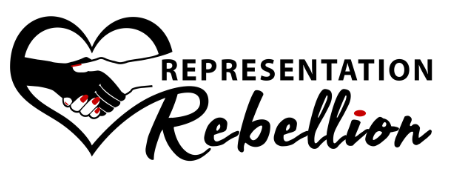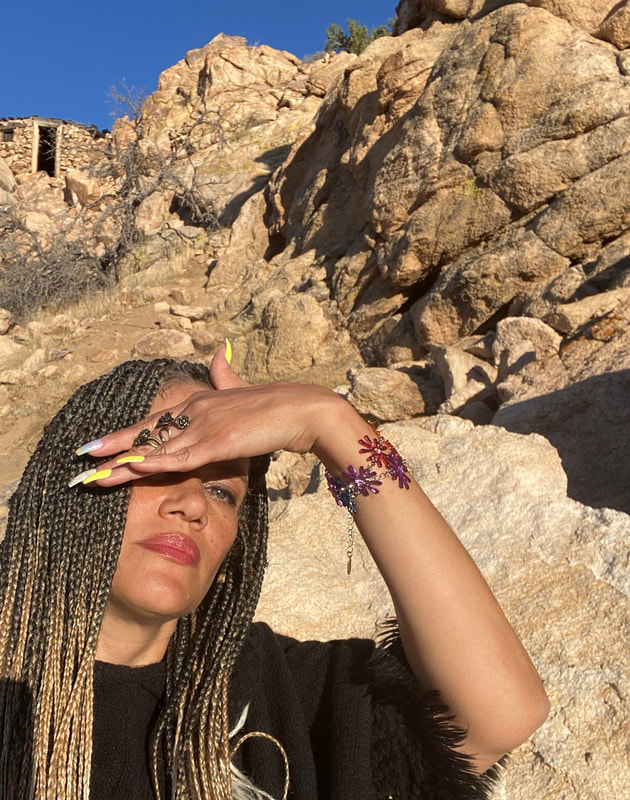
Dr. Z sat down with Kirsten Imani Kasai who is a 50+ rebel, beloved teacher, author, and creative. We discussed Kirsten’s accomplishments, what motivates and enrages her. Read the interview and be ready to be inspired.
Michelle: What is your most proud accomplishment thus far in your business, professionally?
Kirsten: Before you got to the end of the question, I thought of my children. In my professional life, I’m really proud of the fact that I’ve traditionally published three books. You know this is an act of perseverance, a testament to my belief in myself and the stories I’m telling and the work that I’m doing. Now that I’ve transitioned into teaching, I’m proud of the work I do with students and making individual connections, and feeling that I positively influenced someone or supported them in their journey.
Michelle: Can you give an example of that? Where it was like bing, where you connected with one of your students and this is what happened?
Kirsten: I can’t think of a specific example, but last year we were having a pandemic. We had transitioned from being in the classroom to online.
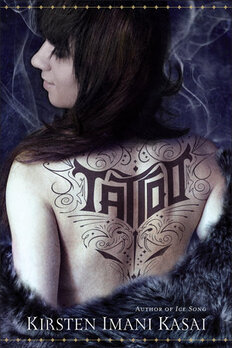
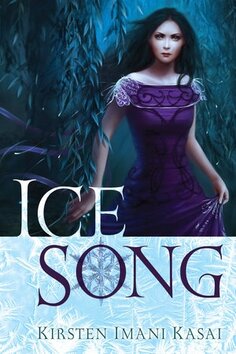
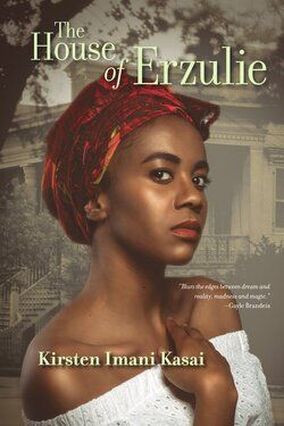
That was a big shift for a lot of people. For me, it was having to reconfigure my class, but also for the students to learn online because not everybody enjoys learning online or is good at it. That was challenging, but at the end of the class, I had an open session. They’d been doing their presentations and I said, ‘Okay, we have a little bit of time left, would anybody like to just ask me questions about writing, about your CV or resumes, or getting into the job force?’ I put out a general call for what do you want to know from me as a professional. One of the students said, ‘I don’t have a question, but I just wanted to say how much I love this class.’
She was all choked up just talking about the power of the community and what she learned. I’m crying now. And then one after another of the students came on to the online chat to say how much they appreciated our time together and what they learned and that they felt they had gained applicable real-world skills. This is different than just gaining academic theory and then not being able to apply it.
That was so touching and gratifying. It reaffirmed for me that I can reach people. I can share and open up these communal spaces for an exchange of ideas on learning. It was deeply rewarding.
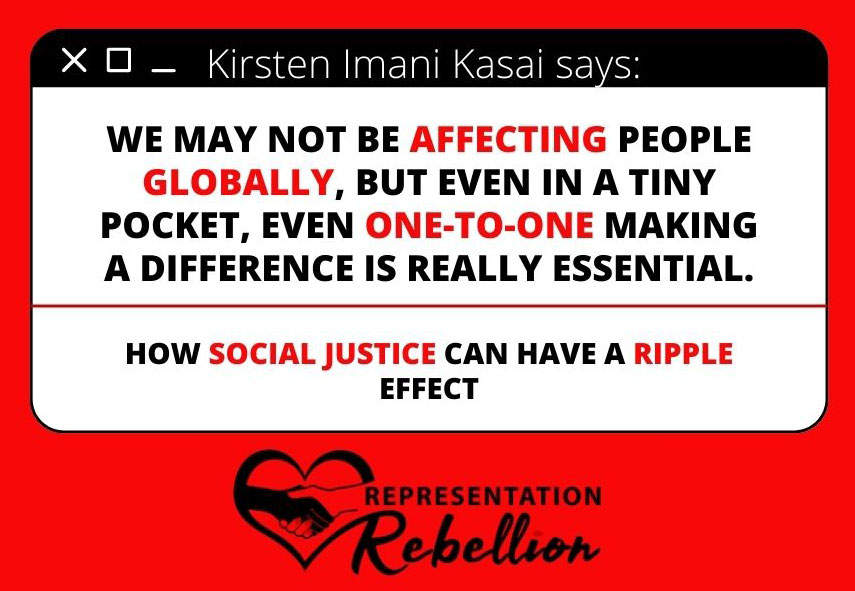
Michelle: So, you developed a safe space where the students trusted you and the people around you and transitioned the class to online and had such a positive response, that’s huge.
And the other thing is that you listened to them, you met them where they were at. How often do we have teachers or people in our lives that are just like shoving a curriculum or agenda down our throats, and it has nothing to do with where we are. So clearly you had been touching them in a way that they were being seen.
Kirsten: Yeah. I l resonate with the idea of teachers as facilitators and of learning being a collaborative experience rather than a purely one-directional relationship. ‘I’m giving you the information, learn it, regurgitate it, and then go away.’ I’ve had students come back to me and say, ‘Oh, I learned a lot from the class. One student wrote me that she’d been encouraged by something I said in class to take the opportunities that come to you.
“Don’t be afraid. Don’t shy away from pushing yourself to the next level.” -Kirsten Imani Kasai
The student had taken an editing job. She said she never would have felt brave enough to do it. She said, ‘Oh I remember what you said in class, do it.’ It makes me joyful and reaffirms the value of what I’m doing and what I can bring, but also it keeps me hopeful because I can get very dark.
Michelle: Oh, not you. Stop the interview. You’ve gone off the rails.
[laughter]
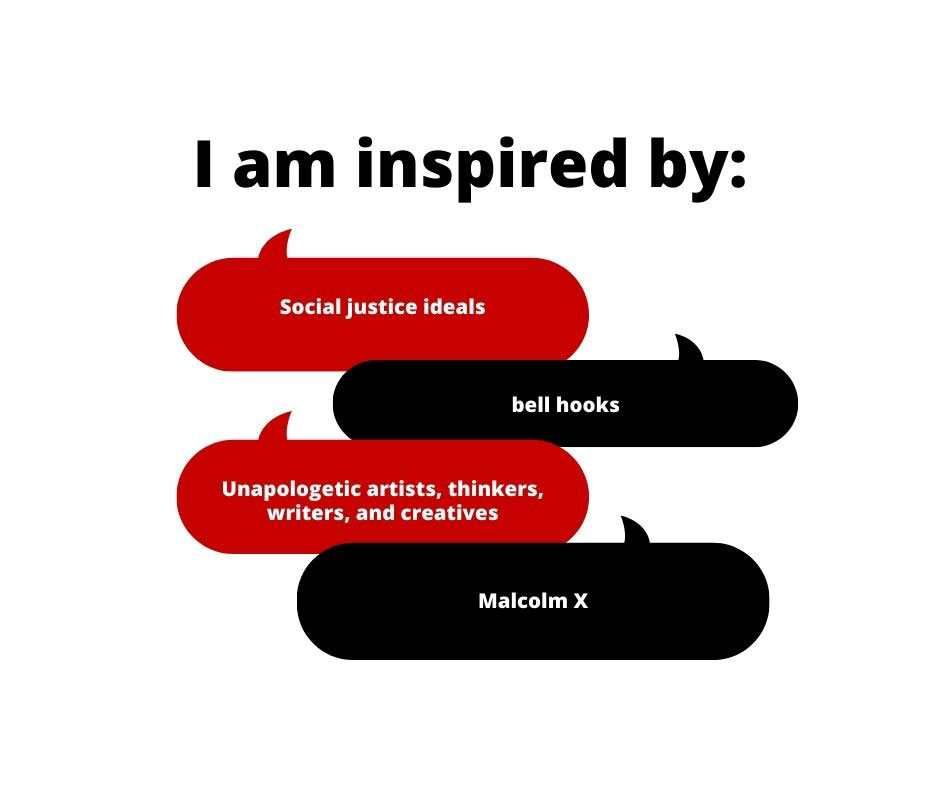
Michelle: What inspires you?
Kirsten: I’m motivated by social justice ideals. It’s a drive to make society and the world better in whatever way that we can. It can be frustrating when you don’t have a sense that you have a wide-ranging influence on people. We’re not affecting people globally, but even in a tiny pocket, even one-to-one making a difference is essential.
I’m inspired by the people that I see around me. A lot of it is just based on personal growth and wanting to become a better version of myself to improve what I can reflect on and give back. I’m inspired by a lot of writers and thinkers and creatives who are unapologetic in the way they share in their ideas and their stories. That’s something difficult for me to be open and bold and free and shameless, so I try to take inspiration from that. bell hooks are always my go-to touchstone.
Michelle: bell hooks? Is there anyone else that you admire who has put themselves out there in terms of their art or their work?
Kirsten: Malcolm X inspires me. I like Angela Carter’s writing. She is a British writer, and she is my role model for how I want to write and what I want to be able to do.
I don’t turn to well-known figures for inspiration. It’s just little moments, little things. I had a professor years ago who was invested in the class. I liked his style. His motto was it’s better to be kind than right. And that stuck with me so I try to adhere to be kind, but to also balance that with–
Michelle: –being real?
Kirsten: Yeah. Being real and enforcing boundaries.
Michelle: Right, right. Yeah. So have you had any challenges?
Kirsten: Why no…
[laughter]
Michelle: You haven’t? Have you had challenges and then how have you overcome them?
Kirsten: Oh, God, so many like everyone else. Physical challenges with childhood illness, conditions that I have to manage all the time.
I was thinking about your project the other day when I opened my bedside drawer and saw like 10 pill bottles.
Michelle: You’re talking about my dissertation project. Kirsten was a participant. And the first question I asked the participants to document through images was what does society think of middle-aged women? The next week I asked them to document what it is like to be in your own space and place.
Kirsten ended up taking photos of her readers and all of the pills that she was taking. Her aging became real by how many readers and pills she had in her drawer, hidden away from eyesight.
Tell us about your shoe image.
Kirsten: Yeah, they were my old dancing shoes when I was an exotic dancer in San Francisco way back in the day.
I remember they were these beautiful, special, fantastic shoes. I remember how expensive they were. It was a big deal. I saved them for years. A couple of years ago I threw them away because my beautiful shoes were disintegrating. I’d danced through the platform soles and had them resoled, but they couldn’t be saved.
Oh my God, I loved those shoes so much.
For your project, I took a photo of those worn-out shoes and put it next to a photo of my bunion deformed feet that would…
Michelle: …never, ever fit in them ever again?
Kirsten: I put the dates on each of the images. I bought the shoes in 1991 and the photo of my feet was in 2015. I wanted to show the passage of time, and the wreckage of my ship
Michelle: Wow, so physical. What other challenges throughout your life and professionally have you–
Kirsten: Challenges? I think a lot of the professional challenges are tied to personal challenges because you know I’m a mixed woman. I’m black and white and grew up in the seventies. I think my parents, who got together in the sixties, had just so much social and cultural pressure and we never saw anybody that looked like us.
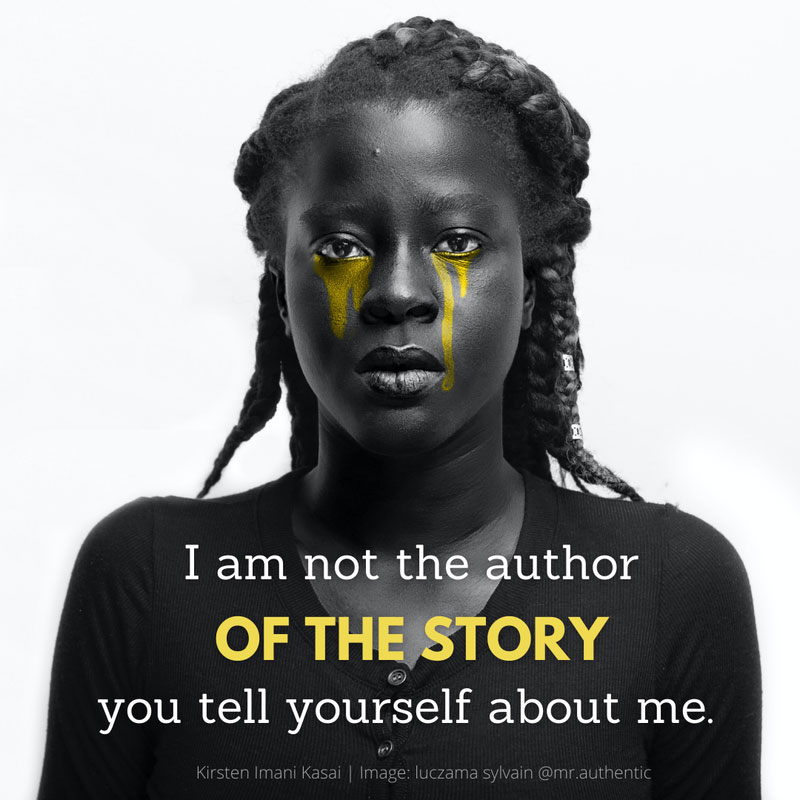
“I feel very invisible in a lot of ways, just because people assume I’m a lot of different things. -Kirsten Imani Kasai.”
I feel invisible in a lot of ways just because people assume I’m a lot of different things.
It’s interesting to see how people interpret me. I got pulled over by a cop. I happened to have my phone, like picking it up. I’d been checking directions on my phone and some cop was on me. Wait, you can’t have your phone in your hand? I get it if I was talking on the phone, but I wasn’t.
Yeah, on the ticket, the cop checked my race as ‘white’ and I was infuriated. I was like I’m going to go to court and make a complaint about his reference to me as white. How dare you assume? That kind of thing happens all the time.
I’m mislabeled all the time. My doctor’s office had me down as Chinese for a while and I think where does that even come from. Wow.
A lot of people here [in Southern California] come up to me and speak Spanish to me. I have to say I’m sorry I don’t speak Spanish. I studied French in high school. Spanish would have made more sense.
I have struggles around identity and visibility…
Michelle: …And representation?
Kirsten: Yes, absolutely, and being heard. I’m working on deepening my voice and being louder…
Michelle {lowers voice}: …Adding testosterone and being a little more serious.
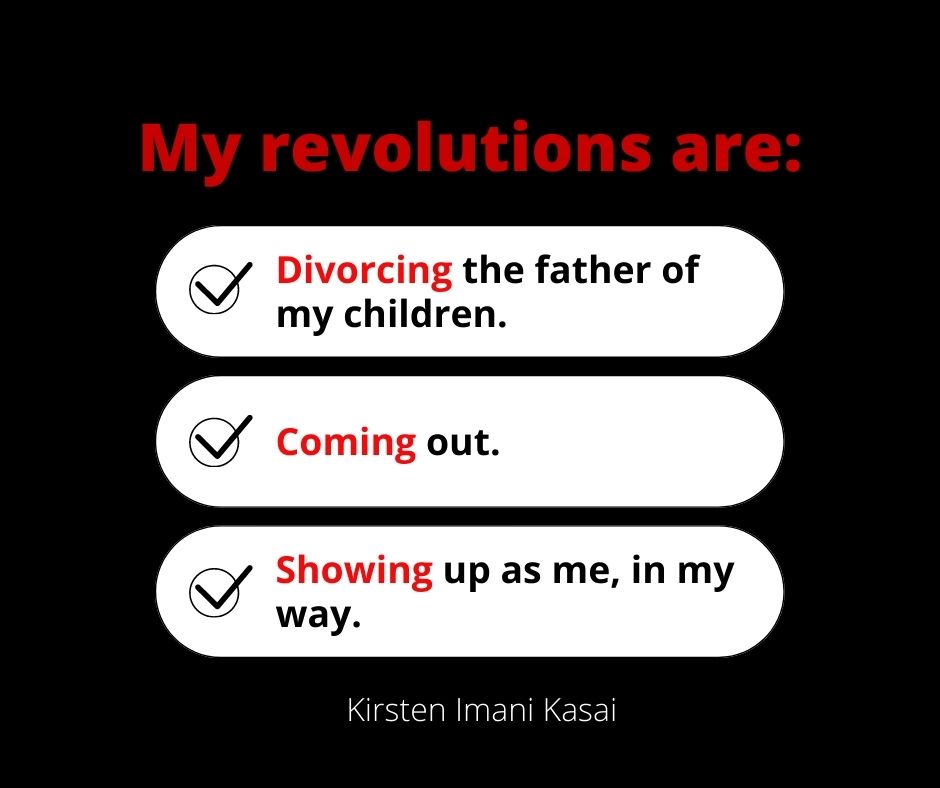
Kirsten: Yes, I feel like I get dismissed a lot. It’s a challenge.
Then there was the challenge of blowing up my life by coming out a number of years ago and going through all of the repercussions of that and the shame. I had upheaved my family, got divorced, told my kids…You know I have family who are very religious on both sides, lots of ministers on both sides.
My dad didn’t talk to me for ten years.
Eventually, we made up. He was lovely and we had a wonderful experience in the end that helped me overcome my shame and the stigma and fear around what it meant to come out and what would happen to me. I had thoughts of if I blow up my life by coming out and getting divorced, we’re all going to die. My children will die. My husband, my family, I will die. Conversely, I also thought if I stay here living this fake life, I’d die.
That’s exactly what had happened to my mother who died of cancer when I was 19.
I thought, oh my God, I would end up killing myself or dying if I kept silent if I kept eating all of this…
Michelle: Did she eat a lot of stuff?
Kirsten: Yes she did. She had unresolved childhood sexual trauma and had just started to acknowledge it during her death process. She was trying to resolve it with her family, and they didn’t acknowledge that it happened.
There was so much denial. When you grow up being told that your reality is not valid, you die.
We all go through this process of trying to unpick the weaving that is behind us and remake it going forward. And it’s a big process. It’s really difficult. It demands a lot of you and it asks you to show up in some ways that feel like death. You have to go through mourning to rebirth like a Phoenix.
